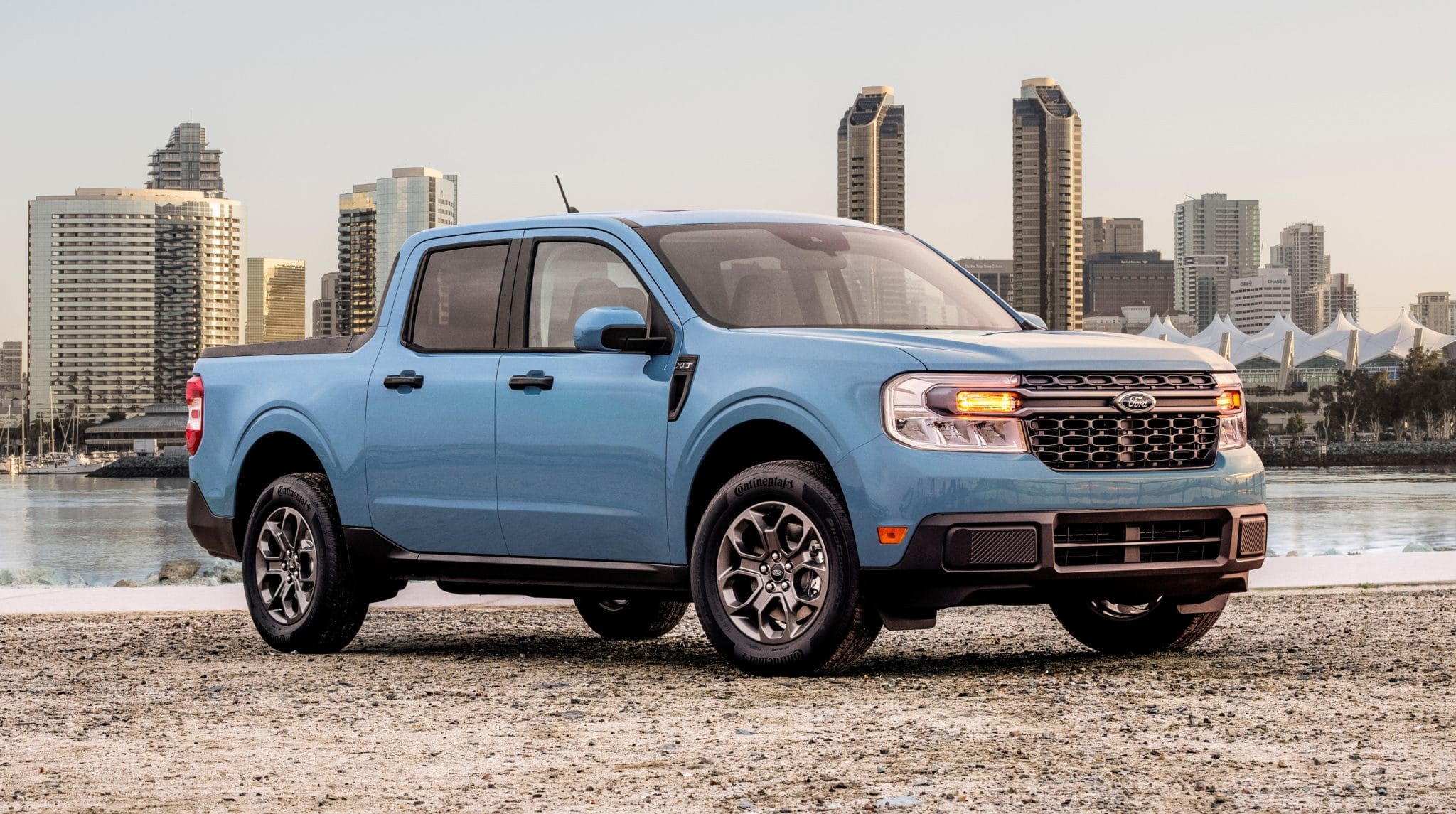Hybrid vehicles represent the continued advancement of automotive technology. By blending the reliability of gasoline engines with electric power sources, hybrid cars represent an extraordinary leap toward efficient fuel usage and moving us closer to a sustainable future.
Analyzing hybrid technology sheds light on its many benefits as well as its widespread effects on both our environment and economy. Hybrid cars offer consumers the best of both worlds: electric motor efficiency combined with gasoline engine range.
Hybrid vehicles also provide unique ways of reducing carbon emissions. By decreasing our reliance on fossil fuels for transportation needs, these vehicles present an ideal option for environmentally aware consumers. These consumers want to reduce their carbon footprint without compromising performance or convenience.
Decoding Hybrid Vehicle Technology
Hybrid vehicles uniquely utilize both an internal combustion engine and one or more electric motors. This dual mechanism offers enhanced fuel economy and lower emissions. In scenarios like low-speed maneuvers or during a sudden need for acceleration, the electric motor springs into action. Conversely, the gasoline engine takes over at higher speeds, optimizing fuel efficiency.
This collaboration leads to reduced fuel usage and diminished greenhouse gas emissions. Research of features like these is crucial before their use if you want to be environmentally conscious. It is similar to the researching process when you are looking for online casino reviews if you want to check the reliability of platforms that offer additional entertainment methods with potential earnings.
Hybrid vehicles, especially Toyota models, provide an engaging driving experience due to their seamless integration of two power sources. The most popular model is the Toyota Prius. Advanced technology allows these cars to switch automatically between power sources depending on driving conditions for optimal performance and conservation. Their use is not only improving driving experiences but they are also an eco-conscious driver’s solution of choice.
The Significance of Regenerative Braking
An important element in hybrid vehicles is regenerative braking. This system contrasts traditional brakes, which dissipate kinetic energy as heat, by recapturing and repurposing this energy. In a hybrid car, when brakes are applied, the electric motor reverses its function, becoming a generator that transforms kinetic energy into electric energy. This electricity is then stored in the vehicle’s battery, earmarking it for future use by the electric motor.
Regenerative braking not only conserves energy but also minimizes wear on brake components, cutting maintenance costs. Its use exemplifies the efficient use of resources, reflecting our need to use them sustainably, while simultaneously increasing range. Recapturing energy allows hybrid cars to travel further on one charge and lessens refueling or charging frequency.
This is good practicality as well as progress toward more eco-friendly automotive technology. This technology also enhances driver experience by providing smoother deceleration, contributing to a more comfortable and controlled drive, especially in urban settings with frequent stop-and-go traffic situations.
Impacts on Fuel Economy and Emissions
Hybrids excel in fuel economy due to the integrated use of electric and gasoline power. The employment of an electric motor for lower speeds and idling significantly slashes fuel consumption. The gasoline engine is then reserved for scenarios like highway driving, where it performs most efficiently.
This improved efficiency directly translates to lesser carbon emissions. With reduced fuel burning, hybrids contribute to a cleaner atmosphere and a healthier planet. The decrease in reliance on fossil fuels not only aids environmental health but also offers economic benefits, potentially leading to decreased fuel expenses for consumers.
The adaptability of hybrid vehicles in urban environments is a notable advantage. Hybrid vehicles provide significant fuel savings for city driving environments where stop-and-go is common, making city living healthier overall and helping urban drivers financially. Their electric motor also contributes to lower air pollution levels for healthier city environments.
Practical Benefits and Real-World Applications
This technology has wide-reaching implications, especially when integrated into public transportation systems. Urban areas that adopt hybrid cars as public transport can often experience reduced air pollution. Hybrid owners can save both on fuel and maintenance costs and benefit from lower operating expenses. Commercial vehicles like delivery trucks and taxis while using this technology could drastically decrease carbon emissions.
The intricate mechanics of hybrid vehicle fuel efficiency represent a remarkable blend of innovation, ecological awareness, and tangible advantages. As this technology advances and becomes more widespread, it stands as a symbol of progress in our collective march toward a sustainable and economically sound future.
Hybrids are gaining traction in the global market, appealing to a broader audience with their diverse models and designs. This surge in popularity is proof of their reliability and the public’s growing environmental consciousness. Hybrids are not just vehicles. They are a proactive choice for those seeking to balance personal transportation needs with a commitment to ecological responsibility.




